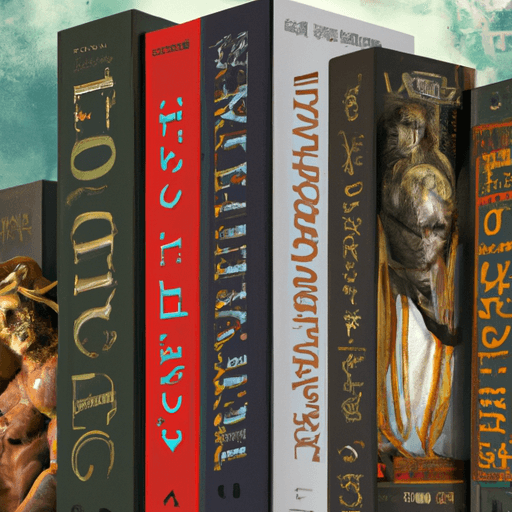Exploring the Influence of Mythology in Contemporary Literature
Mythology, with its rich tapestry of gods, heroes, and otherworldly beings, has long been a cornerstone of literature. While it is typically associated with ancient civilizations - Greek, Roman, Norse, and the like - its impact reverberates even in contemporary literature. Modern writers, consciously or subtly, weave mythological elements into their works, adding layers of depth and dimension that make for compelling narratives.
The Impact of Mythology in Contemporary Literature
Mythology presents a tremendous reservoir of themes, symbols, and narratives ripe for exploration and reinterpretation in modern literature. Whether it is the heroic journey of the protagonist, the interplay of divine and human, or the symbolism of particular creatures or events, mythology adds richness and depth to contemporary stories that both writers and readers find incredibly appealing.
Incorporation of Mythological Elements into Contemporary Literature
Modern writers incorporate mythological elements in a myriad of ways. Explicit references come in the form of direct retellings or adaptations of myths or legends. Meanwhile, more subtle allusions might involve integrating mythological symbols, motifs and character archetypes into their narratives.
For example, Madeline Miller's novel Circe is a reinterpretation of Greek mythology, focusing on the infamous witch from Homer's Odyssey. In her novel, Miller has explored Circe's backstory and motivations, reinventing a character who originally played a rather two-dimensional role in Homer's epic.
Mythology's Contribution to Plot, Character Dimensions, Thematic Depth and Symbolism
Furthermore, mythology provides a robust story framework that lends itself to a range of interpretations. The heroic journey of a protagonist, with its trials, tribulations, and ultimate transformations - a common thread in many mythologies - finds resonance in contemporary narratives and characters. Moreover, mythology lets authors play with themes pertaining to fate, divinity, struggle, transformation, and the human psyche's dualities, contributing to the work's thematic depth. It also provides a symbolic language that can deepen a text's meaning, allowing readers to decipher this symbolism.
Why Authors Resort to Mythological Influences
Authors resort to mythological influences for several reasons. Drawing from universal themes and narratives allows them to create stories that resonate with numerous readers. Myths, owing to their timeless nature, offer universally relatable themes - love, heroism, sacrifice, and retribution. By tapping into these themes, contemporary writers can communicate complex, emotional, and philosophical concepts in a uniquely potent and accessible way.
Audience Response and the Future of Mythology in Literature
Readers' responses to the incorporation of mythological elements in literature have largely been positive. This positive reception signals a deep-rooted universal fascination with these ancient narratives and symbols. It's safe to predict that the influence of mythology in literature will continue to evolve, seeping into multiple genres, formats, and themes. It offers an exciting range of possibilities for contemporary authors to grapple with the human condition, make sense of our complex realities, and probe the alluring realms of divine and fantastical.



















Comments
Leave a Comment